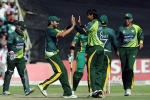- Web
- Humsa
- Videos
- Forum
- Q2A


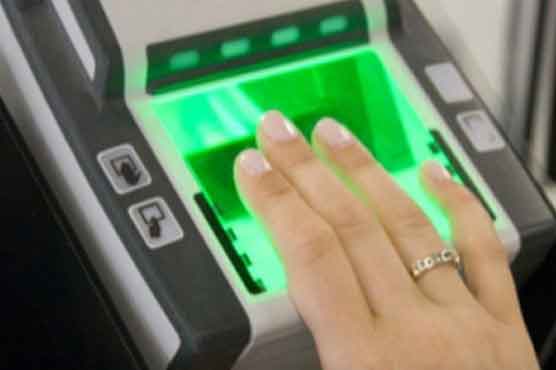
As you fumble through your wallet to find the right payment card and loyalty card at the supermarket checkout this weekend, consider the possibility of just loading up your bags and walking out the door.
The food would not come free. Instead, the items would be scanned as you walked towards the exit and the total cost charged to your mobile device, with loyalty points added automatically."The same could be true anywhere you see humans clustering to pay," said futurologist Peter Cochrane. "Technology has the ability to change all that."
Those who feel uneasy at the thought of paying for their morning coffee by waving their debit or credit card over a card reader should brace themselves for a new era in payment technology.Experts warn that in the coming years debit and credit cards – not to mention the collection of dog-eared loyalty cards in your wallet – will give way to a new generation of contactless payments, from mobile transactions to digital jewellery.
Contactless technology has been available in the UK since 2007 and experts believe it is reaching a tipping point in terms of usage."The two things that needed to happen at the same time were consumer awareness and its availability in retailers," said Michelle Whiteman of the Payments Council. "Retailers are buying into the technology now and in recent years we ve seen some big names offering this payment service, which in turn raises consumer awareness.
"The Olympics also helped showcase contactless technology, which could have been a contributing factor in raising awareness in the past year."The most common form of contactless payment currently is contactless cards, where customers can "wave" their debit or credit card over a card reader.
According to figures from the Payments Council, there are currently 31.3 million credit and debit cards enabled with contactless technology and 144,000 contactless terminals in retailers including Boots, McDonald s and Ikea.Customers are protected from fraud when paying by contactless as with any other card payment, and are occasionally asked to enter their Pin for added security.
The Payments Council recommends a £20 limit on transactions as extra protection from theft.The next stage in contactless technology is paying by mobile, and a bewildering variety of mobile payment apps and products have already been launched in the payment market.You can "wave and pay" with some mobile phones, such as the Samsung Galaxy S3, which has contactless built-in through Orange s Quick Tap, while Barclays PayTag uses a small sticker to let your mobile work like a credit card. NatWest is trialling a contactless iPhone case called TouchPay.
Some mobile payment systems use near field technology (NFC), which wirelessly transmits data from one device to another device nearby. Others rely on software solutions to make mobile payments. This includes companies like Square in the US and iZettle in Europe, which enable people to receive payments via an app on their smartphones and a plug-in device.PayPal is bringing its own chip and pin mobile payment service to the UK this summer, aimed at giving small businesses an alternative to cash and cheques.
"We wanted to use something small businesses were used to, and an app is familiar territory," said Narik Patel, director of mobile merchant services at PayPal. "We designed the chip and pin device from scratch."He said security was the top priority for PayPal customers, who total 18 million in the UK."People are paranoid online and in the physical world people haven t taken to mobile devices because they think the technology is too complicated," he said. "Our brand will hopefully already be trusted and the technology is simple.
PayPal processed $14bn in mobile payments in 2012, compared to $4bn in 2011, which "shows you the speed at which people are shifting", said Mr Patel. "The concept that people are always on and always connected is really helping us."Adam Levene, chief strategy officer at mobile innovation agency Grapple, agreed. "Clients have woken up to the potential of mobile payments and m-commerce," he said. "Consumer behaviour has really driven the change – the ownership of smartphones and tablets is really changing business."
Mr Levene predicted that banks would "step up their natural role as mobile merchants" this year.Disruptive start-ups are setting the trend, then banks will come in and dominate the market," he said. "They have a strong role to play."He added: "I think there is work to be done, especially around what happens if you lose your mobile phone. There are so many parties involved – who do you call to shut down your mobile so that no one can make a payment on your behalf?"
Mr Cochrane predicted that by 2015 contactless technology will have become a mainstream payment system.By 2020, he said, cards could have disappeared as mobile devices take over – and not just mobile phones.He said: "Personal technologies are going to become something that you wear, then a jewellery or a badge. Instead of holding up your phone to the counter, you ll be holding up a bracelet on your wrist."
He said: "This is not about technological availability, it s a question of getting people to accept it."Ian Pearson also predicted the rise of "digital jewellery" to authenticate a payment or transfer cash in a recent report for the Payments Council on the future of transactions.Mr Pearson, a futurologist, said it was much harder to lose a ring than a mobile phone, and easier to scan over a reader without reaching into a pocket or bag. Customers may also be able to "pay by handshake" with data transmitted electronically through the skin.
Another option is payment through augmented reality, where computer-generated images are superimposed onto glasses or contact lenses and coupled with gestures to pay for items.The authentication data needed could even be put in chips that are implanted into our skin, although he said this was on the "fringes of acceptability""The vast majority of us wouldn t accept this level of invasiveness," he said.
Mr Cochrane said by 2025, mobile payment technology would be compounded by biometrics, where our fingerprints or retinas are scanned, for example.Mr Pearson said security concerns could limit biometrics, as it is easy to get hold of somebody s fingerprints, for instance, and our fingerprints can t be cancelled.
Whatever the future holds, experts agree that one traditional method of payment will endure. "I can t ever see cash disappearing," said Mr Levene. "We will always want something tangible that we associate with the numbers we see on screen."
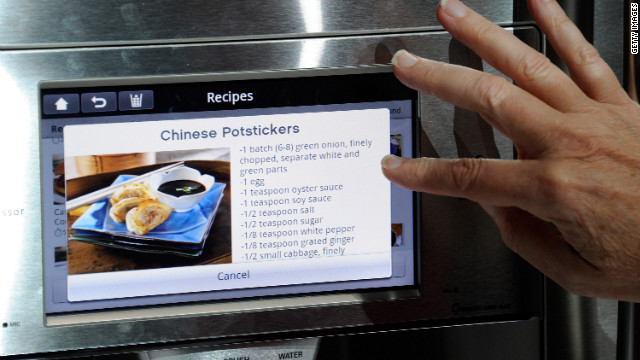 The world of automated home gadgets is young and exciting, filled with an abundance of promising new products. It's also a bit of a mess.
At the 2013 Consumer Electronics Show in Las Vegas, there were devices and smartphone apps to control everything in your home. But there are so many conflicting approaches, setups, standards and systems that the r..... Read more
The world of automated home gadgets is young and exciting, filled with an abundance of promising new products. It's also a bit of a mess.
At the 2013 Consumer Electronics Show in Las Vegas, there were devices and smartphone apps to control everything in your home. But there are so many conflicting approaches, setups, standards and systems that the r..... Read more
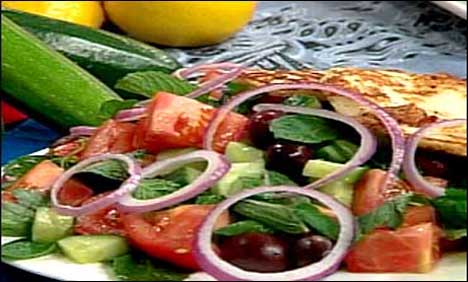 Pour on the olive oil, preferably over fish and vegetables: One of the longest and most scientific tests of a Mediterranean diet suggests this style of eating can cut the chance of suffering heart-related problems, especially strokes, in older people at high risk of them.
The study lasted five years and involved about 7,500 people in Spain. Those who a..... Read more
Pour on the olive oil, preferably over fish and vegetables: One of the longest and most scientific tests of a Mediterranean diet suggests this style of eating can cut the chance of suffering heart-related problems, especially strokes, in older people at high risk of them.
The study lasted five years and involved about 7,500 people in Spain. Those who a..... Read more
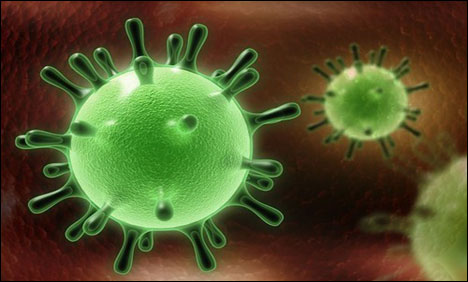 A man from the United Arab Emirates who was infected with a new SARS-related virus has died in Germany.
It is the 17th confirmed human case of new coronavirus infection worldwide and the 10th death so far.The city hospital in Munich said Tuesday that the patient from Abu Dhabi had died overnight. It said the 73-year-old man had also been suffering from..... Read more
A man from the United Arab Emirates who was infected with a new SARS-related virus has died in Germany.
It is the 17th confirmed human case of new coronavirus infection worldwide and the 10th death so far.The city hospital in Munich said Tuesday that the patient from Abu Dhabi had died overnight. It said the 73-year-old man had also been suffering from..... Read more






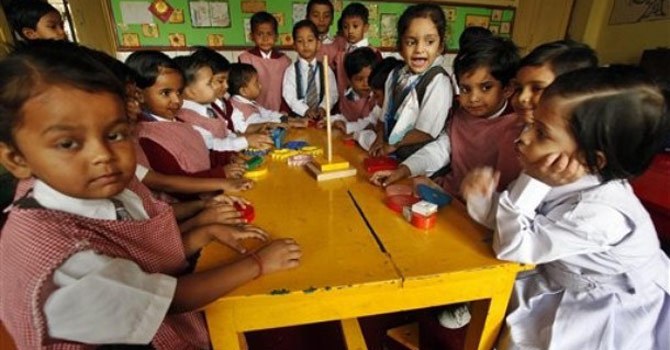
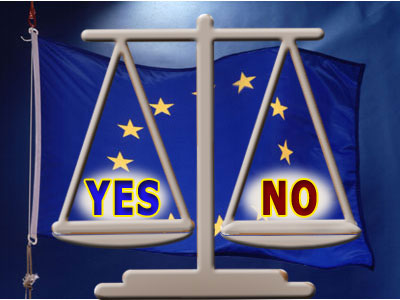




 Clean Chit (Faisal Raza Abidi ...
Clean Chit (Faisal Raza Abidi ...  Akhir Kiyon - 16th December 2...
Akhir Kiyon - 16th December 2...  To The Point - 16th December ...
To The Point - 16th December ...  Capital Talk â
Capital Talk â  Kal Tak - 16th December 2013
Kal Tak - 16th December 2013  Bay Laag - 16th December 2013
Bay Laag - 16th December 2013  Kharra Sach - 16th December 2...
Kharra Sach - 16th December 2...  Awaam - 15th December 2013
Awaam - 15th December 2013 





 Gold Miner
Gold Miner  Superbike GP
Superbike GP  Whipsaw Fighter
Whipsaw Fighter  PacMan
PacMan 

